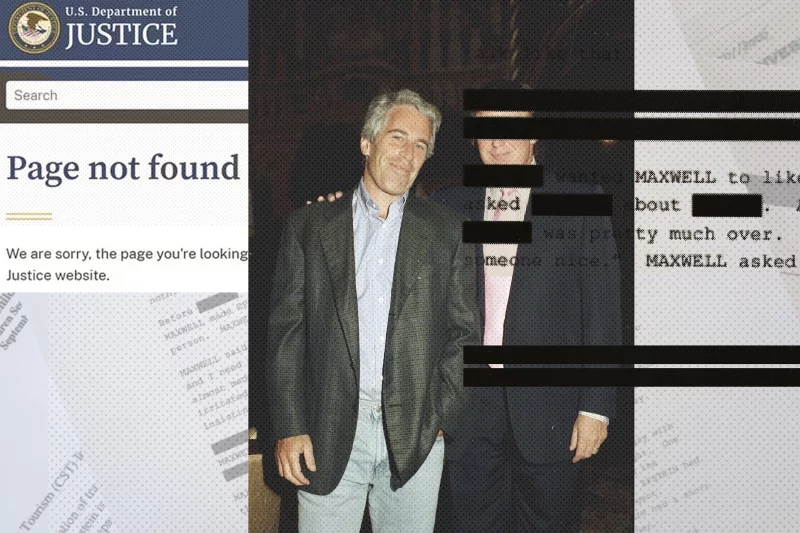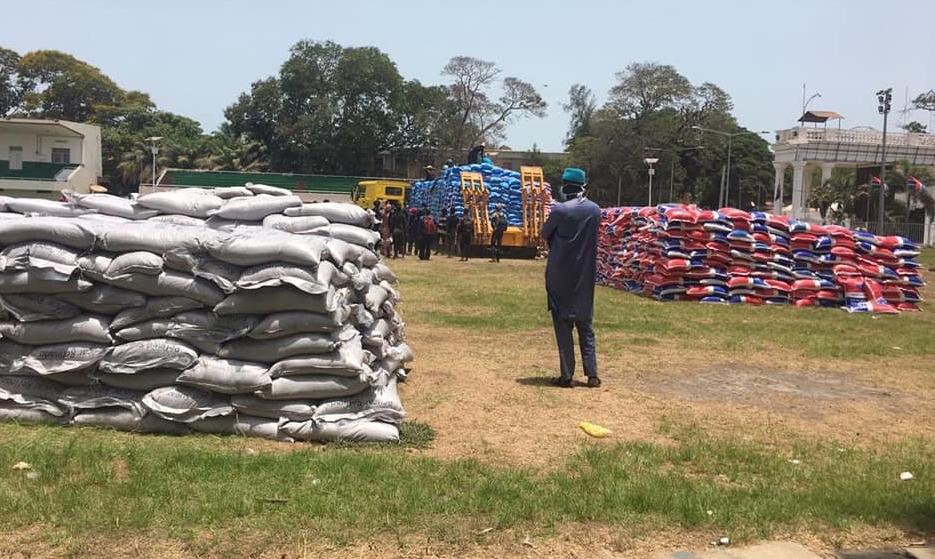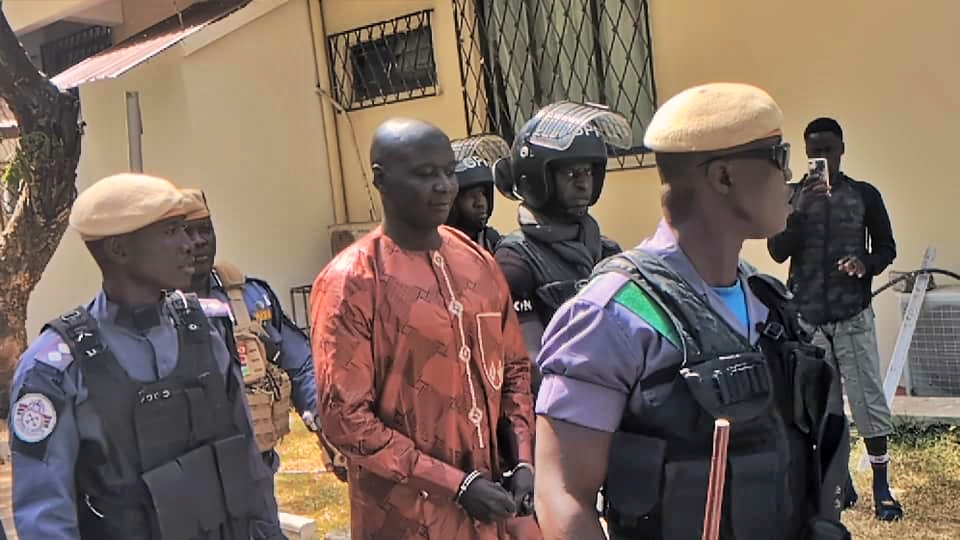In a shocking revelation earlier in January, a disturbing scene unfolded in Sierra Leone as reports emerged of youth digging up human bones in a cemetery in the suburb. The news spread globally, revealing that suspected drug addicts were using these bones, sometimes mixed with a popular illicit substance known as kush. Residents and authorities confirmed the eerie sight of many graves being dug up, with human remains stolen by unknown individuals believed to be using them to make kush.
The incident sparked outrage and concern worldwide, highlighting the growing issue of kush, a deadly illicit substance, as a new ‘zombie drug’ destroying the lives of many young people in Sierra Leone and neighboring countries in Africa. Reports indicate that hundreds of young people have been admitted for drug and mental health-related cases at the country’s psychiatric hospital.
Jamal Osman, a reporter from Channel Four Television Corporation, visited the graveyards and confirmed the disturbing scene. He interviewed Dr. Jusu Mattia, a psychiatric doctor at Sierra Leone’s only psychiatric hospital, who explained the dangerous effects of kush mixed with human bones. Dr. Mattia noted that the sulfur in human bones, when inhaled or ingested at high concentrations, can induce a feeling of intoxication similar to being high.
Authorities and stakeholders have expressed deep concern over the drug crisis. In November 2023, a forum was organized to discuss solutions, with the Minister of Social Welfare, Melrose Karminty, stating that the government was seeking to decriminalize and rehabilitate those with Substance Use Disorders (SUD).
Kush also peddled in the Gambia
Kush, also known as K2, has emerged as a significant health risk and is terrorizing the youth in Sierra Leone, Guinea, Liberia, The Gambia, and other parts of West Africa. The drug has already claimed many lives and has become a public health crisis.

The prominent illicit drug has gained popularity among young people and is mostly used in clubs, bars, ghettos, and public areas. It is transported through various routes, including land, air, and sea, by smugglers.
Youth as young as fifteen (15) have even started using it for intoxication. Young people believe it can make them become like the young elite Pablo Escobars, making money through the substance as a source of living.”
In The Gambia, addressing the youths drug problem in general requires a concerted effort from the government, civil society organizations, and international partners.
Dawda Snayang, a narcotic officer in The Gambia, emphasized the need for rehabilitation centers and well-trained professionals to treat addiction effectively.
Health experts have raised concerns about the epidemic situation, especially in countries like Sierra Leone, where economic challenges and lack of job opportunities contribute to drug abuse. The international press has highlighted the dire situation, with France 24 reporting on the rehabilitation efforts at Sierra Leone’s only psychiatric hospital.
The tragic deaths of young people due to drug overdose highlight the urgent need for action to combat the illicit drug trade and protect the youth in West Africa. Efforts to address the crisis must include sensitization, law enforcement, effective treatment plans, and rehabilitation programs to curb drug abuse and trafficking in the region.










